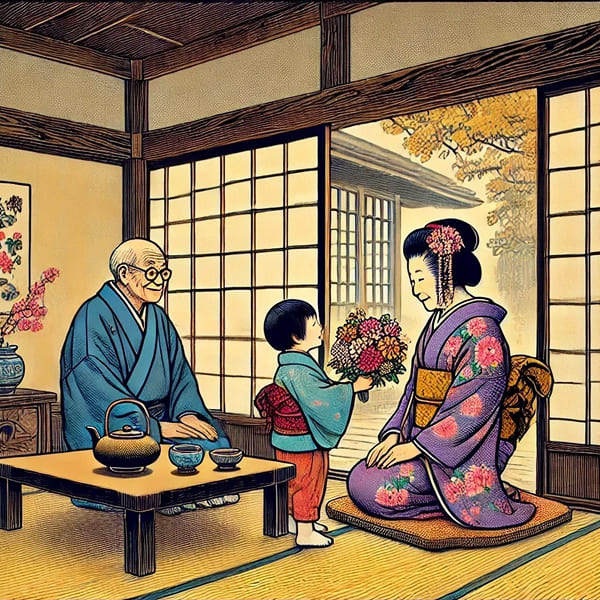Respect for the Aged Day in Japan: Honoring Longevity and Wisdom

Contents
What if growing older meant gaining honor, purpose, and deeper connection with your community?
In Japan, it does—especially on Respect for the Aged Day, a heartfelt national holiday held every third Monday of September. Far from being a quiet nod to age, this celebration shines a light on the wisdom, strength, and lifelong contributions of older generations.
As Japan enters the 100-Year Life Era, this day becomes more than tradition—it’s a powerful reminder that longevity is not just a number, but a gift to be honored. Through family gatherings, community events, and nationwide recognition, Respect for the Aged Day bridges generations with gratitude and meaning—reminding us that honoring the past is key to nurturing the future.
Origins and Historical Background
The tradition began in 1947 in Nomadani Village (now Taka Town), Hyōgo Prefecture, under the name “Old Folks’ Day”. The village mayor proposed the idea to appreciate seniors' wisdom and experiences as a foundation for community development. The concept quickly spread nationwide, leading to the holiday's official recognition in 1966.
With the implementation of the Happy Monday System in 2003, the date was shifted from September 15 to the third Monday in September, creating a long weekend and increasing participation.
Purpose and Cultural Significance
Beyond a celebration of longevity, the holiday emphasizes deep respect and appreciation for older generations. It encourages families and communities to reflect on the life-long dedication and sacrifices of the elderly and to foster strong intergenerational bonds.
How Respect for the Aged Day Is Celebrated
Celebrations vary by region but often include:
- Visiting elderly family members, especially grandparents
- Giving gifts or handwritten letters to express appreciation
- Sharing family meals
- Children’s performances or handmade gifts in schools and kindergartens
- Community events such as concerts, award ceremonies, or volunteer-led entertainment
These activities help strengthen community ties and show seniors that they are valued members of society.
National Longevity Recognition
To honor those reaching a milestone age, the Prime Minister of Japan sends a congratulatory letter and commemorative gift—traditionally a silver sake cup—to citizens turning 100 years old. Due to a rising number of centenarians, the cup is now silver-plated or made from alternative materials to manage costs.
Local and Regional Traditions
Despite the national date shift, many local communities continue to host events around the original September 15 date. These may include the distribution of local specialties, community performances, and heartfelt gestures from children or volunteers that celebrate elderly residents.
Importance in the 100-Year Life Era
As Japan faces one of the world's most rapidly aging populations, Respect for the Aged Day is becoming more significant. It goes beyond showing appreciation—it reframes aging as a period of active social participation. The holiday encourages society to recognize the elderly not just as recipients of care, but as vital, experienced contributors to community well-being.